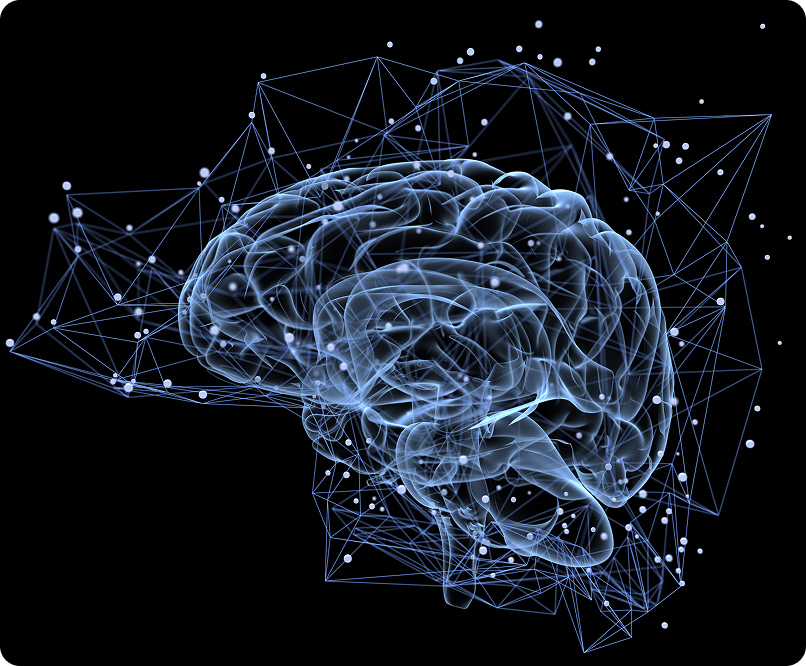Journaling in the Unconscious Moderation App isn’t about writing for the sake of it. It’s a carefully structured method rooted in neuroscience, depth psychology, and decades of clinical experience. Each prompt is designed to help you access your unconscious mind, where your most powerful patterns and deepest potential live.
When your mind feels tangled, journaling helps you sort it out. But this isn’t just emotional relief, it’s neuroscience in action.
Writing about your thoughts and emotions activates a part of your brain associated with insight, clarity, and calm. Studies show that journaling lowers cortisol (the stress hormone) and shifts your nervous system out of sympathetic (stress) mode and into parasympathetic (healing) mode. It also releases dopamine, the brain’s “aha!” reward chemical, and boosts serotonin, which supports mood stability and emotional balance.
You don’t have to write perfectly. Even short phrases, bullet points, or doodles begin a dialogue between your conscious and unconscious mind.


Journaling is powerful because it gives form to what is formless. The unconscious doesn’t speak in logic; it speaks in symbols, images, and emotional energy.
Carl Jung believed that symbols are bridges between the visible and invisible parts of our psyche. When you write “I feel overwhelmed,” it might reflect a deeper longing for boundaries, rest, or even connection. These symbolic expressions help you uncover hidden insights that willpower alone can’t reach.
In fact, neuroscientists estimate that only 5% of cognitive activity is conscious. That means 95% of your behavior, including drinking impulses, originates beneath the surface. UM journaling helps you dive below that surface, discover what’s truly going on, and begin to make empowered, lasting shifts.
Often, the urge to drink isn’t just about the drink; it’s about unmet needs, unprocessed emotions, or the longing to reconnect with your true self. Jung called this journey Spiritus contra Spiritum: moving from substances like alcohol to a living inner spirit.
Through structured journaling, you begin to meet that “missing self,” the part of you with unique insight, creativity, and vitality. As you integrate that self, the urge for alcohol often begins to dissolve, not because you fight it, but because the deeper need behind it has finally been heard.
This is more than symptom management. It’s identity work. It’s healing at the root.
Each time you journal, you engage your brain’s ability to rewire itself. This is neuroplasticity in motion. The more you reflect, the stronger those new neural pathways become. Over time, what starts as a conscious effort becomes your new automatic pattern, one aligned with self-awareness, balance, and freedom.
UM journaling prompts are designed to support this process. The journaling adventure helps you break loops, build insight, and create dopamine-driven momentum without judgment or pressure.

1 Newsletter That Changes the Way You Think.
Science-based, reflective, and to the point… just like UM.